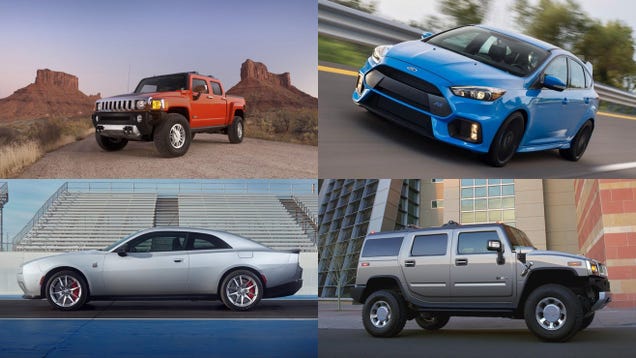The American Love Affair with Pickup Trucks
The pickup truck has become an emblem of American culture, representing not just utility but also a lifestyle choice for millions. While BBQ and military spending often dominate discussions about American identity, the pickup truck stands out as a unique symbol of freedom, ruggedness, and practicality. This article delves into the reasons behind the enduring popularity of pickup trucks in the United States, exploring their cultural significance, economic impact, and future trends.
Understanding the Cultural Significance of Pickup Trucks
Pickup trucks are more than just vehicles; they embody a way of life for many Americans. From farmers to urban dwellers, these trucks serve a variety of purposes, making them versatile tools for work and recreation. According to a 2022 survey by the American Automobile Association (AAA), nearly 30% of Americans consider pickup trucks their preferred vehicle type, citing their spaciousness and capability as key factors.
The cultural significance of pickup trucks is also reflected in media and advertising. Films, television shows, and commercials often portray truck owners as rugged individuals who value independence and hard work. This image resonates deeply with many Americans, reinforcing the notion that owning a pickup truck is not just about transportation but also about embracing a certain lifestyle.
Economic Impact of the Pickup Truck Market
The economic implications of the pickup truck market are substantial. In 2023, the pickup truck segment accounted for nearly 20% of all vehicle sales in the United States, generating billions in revenue for manufacturers and dealerships. Major automakers like Ford, Chevrolet, and Ram have invested heavily in their truck lines, continually innovating to meet consumer demands for performance, safety, and technology.
Moreover, the pickup truck market has a ripple effect on various industries, from manufacturing to aftermarket accessories. The popularity of trucks has led to a boom in related businesses, including custom modifications, towing equipment, and off-road accessories. According to a report by Market Research Future, the global automotive aftermarket is expected to grow by over 5% annually, driven in part by the demand for truck-related products.
Challenges and Criticisms Facing Pickup Trucks
Despite their popularity, pickup trucks are not without criticism. Environmental concerns have been raised regarding their fuel efficiency and carbon emissions. As the world shifts towards sustainability, many consumers are becoming more conscious of their vehicle choices. In response, manufacturers are increasingly focusing on electric and hybrid models. For instance, Ford’s F-150 Lightning and Rivian’s R1T are examples of how the industry is adapting to meet the demands of eco-conscious consumers.
Additionally, safety concerns have been highlighted, particularly regarding the size and weight of pickup trucks in urban environments. A study published in the Journal of Safety Research found that larger vehicles, including pickups, are more likely to cause severe injuries in collisions with smaller cars. This has led to calls for stricter regulations and safety features to protect all road users.
The Future of Pickup Trucks: Trends and Innovations
Looking ahead, the future of pickup trucks appears to be a blend of tradition and innovation. As technology continues to evolve, we can expect to see advancements in safety features, connectivity, and fuel efficiency. The integration of smart technology, such as advanced driver-assistance systems (ADAS) and infotainment options, is becoming increasingly common in new truck models.
Moreover, the rise of electric vehicles (EVs) is set to transform the pickup truck landscape. With the growing emphasis on sustainability, manufacturers are investing in electric truck models that promise to deliver the same power and performance as their gasoline counterparts. The success of these models will likely depend on consumer acceptance and the availability of charging infrastructure.
In conclusion, the pickup truck remains a quintessential part of American life, symbolizing utility, freedom, and cultural identity. While challenges such as environmental impact and safety concerns persist, the industry is poised for transformation through innovation and adaptation. As consumers continue to seek vehicles that align with their values and lifestyles, the pickup truck will undoubtedly evolve, maintaining its status as a beloved American icon.

